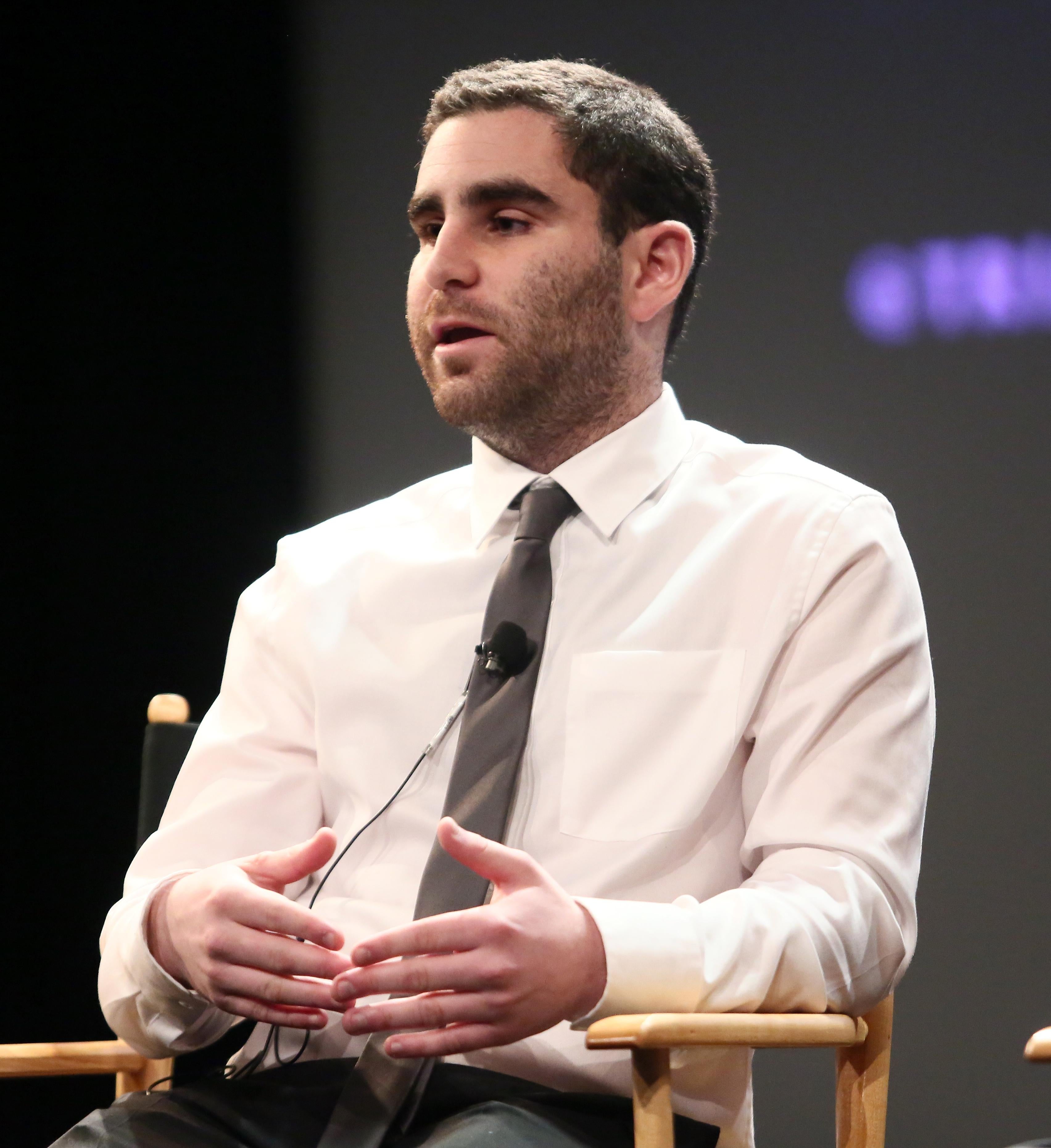This story first appeared in Inc.
You’d think it’s been a rough summer for former Bitcoin Foundation vice chairman and CEO of now-defunct virtual-currency company BitInstant, Charlie Shrem. The Bitcoin millionaire has been under house arrest in his parents’ Brooklyn basement since being indicted by federal prosecutors in April for allegedly laundering money for the online black-market site Silk Road.
But a Wall Street Journal article this week paints a different picture—one of a former entrepreneur leading a fairly normal life, and to a remarkable degree conducting business as usual.
Shrem, 24, has in recent months spoken at industry events, worked as a consultant, and helped a New York hotel prepare to accept bitcoin payments.
The electronic-monitoring device requiring he is at home from 9 p.m. to 9 a.m. most weekdays isn’t keeping Shrem down. According to the Journal:
He even participated in a panel discussion at New York’s Tribeca Film Festival in April after the screening of a bitcoin documentary. But the conditions of his arrest meant that “I couldn’t go to any of the after-parties,” he said in an interview.
In addition, Shrem announced July 1 he would be speaking at the American Banker Digital Currencies conference in New York on July 29.
Although prosecutors denied a request by Shrem’s lawyers to allow him to travel to Washington, D.C., to speak at a bitcoin conference, Shrem seems to have plenty of work. He told the Journal that he’s working as a business-development consultant for Payza, a payments startup. He’s also helped out when hotel-manager Brandon Ward “turned to him in March for advice on how to set up bitcoin acceptance at two Brooklyn hotels.”
“He knows a lot of people in the bitcoin world and when I have a question about implementation, he is always right there to answer it,” Ward, who manages the hotels that started accepting bitcoin last month, told the Journal.
Shrem’s trial, where he could be handed up to a 20-year prison sentence if found guilty (he has pleaded not guilty) is scheduled for September. Until then, it seems like it’s business as usual.
See Also: Where Bitcoin Startups Are Born
